
Note from TIOJ: Following on from our last post about Paco Ortíz, here is the most recent communiqué from Gilbert Ghislain, who is mentioned in Ortíz’ final letter. Twenty-seven years ago, Ghislain was sentenced in France to eighteen years in prison for several bank robberies. After seven years behind bars, he managed to escape from prison by helicopter and land on Spanish soil, where he was eventually caught and sentenced for various crimes committed while he was a fugitive. In Spain, he experienced the full-on brutality of the newly-created FIES regime. Further sentences were leveled against him before he was recently extradited back to France under an international arrest warrant issued by the French government, at which point his lawyers expected his imminent release due to the fact that the warrant actually expired on November 5, 2010. However, Ghislain remains imprisoned thanks to a petition requesting that he serve 11 years of his original 18-year sentence.
Nothing new, except for the need to complain. I also need to communicate with the outside regarding the campaign that, I hope, is going to begin this month. I have a computer and I’m making good use of it. I even had a PlayStation. They’ve invented computer games—ultraviolent adventure or strategy games—and the guys spend their time shooting at virtual people and treasure-hunting. I also play, but I burnt out my PlayStation 15 days after I got it. It keeps you busy yet it’s absurd. They didn’t have them in Spain. The examining magistrate once allowed a PlayStation into the bunker at Picassent, and the compas no longer left the activity room. They tell me it’s not much different on the outside: in order to survive the everyday, each one creates their own little world. Basically, everyone is seeking a refuge to escape reality.
When I arrived in Spain 20 years ago, I had just escaped from a French prison. In the space of a few hours I jumped from one reality to another, leaving my compas in France. In Spain I would encounter other compas and other struggles. The most combative guys had created an association, but APRE was nothing political. The compas were looking to escape and along the way fight injustice. The only possible getaway was escape. It was the answer to everything that shaped imprisonment. It wasn’t conceptual, but it obliged you to fight the arbitrary, wherever it came from. The compas had distributed a communiqué among the different prisons explaining that no prisoner could judge another prisoner. The violence back then was different. APRE condemned acts of violence toward prisoners and warned that the Administration’s imposed violence would degenerate. I agreed with all that and more, since—prioritizing escape—on two occasions I even requested that riots not take place. That was before I myself sank into prison violence. Sixteen years later, when I left the QI, everyone was either dead or totally fucked up. In the yards, other generations had arrived and everything had changed.
The Spanish state had turned toward remaking its prisons. In fact, FIES was created not so much out of a need to address the legitimate demands posed by prisoners, rebellions, and escapes, as out of a need to lock away the most troublesome prisoners. That couldn’t be done with the APRE prisoners in the yards, and paradoxically, it was they who requested that the prisons finally be democratized. Thus, the most dehumanizing bunkers had to be built—real machines for destroying any hint of opposition. The same year that FIES was created, the Spanish state invested a colossal sum of several billion euros to begin what was then called the “Prison Rehabilitation and Construction Plan.” This was in 1991. The point was to make prisons more human, or at least bring them more into line with European conceptions regarding prison policy. Sixteen years later, when I left the QI, everything looked lovely but nothing was human anymore. Existential emptiness and misery had taken root in ultramodern prisons.
I arrived in France a few months ago. After 20 years away, I again find myself in a French prison, and I don’t know what mechanisms brought about such changes. I was completely isolated, and news was taking years to reach me. But although different in form, the changes were as radical as those in Spain.
In France, they haven’t gone to the trouble of rebuilding their prisons to make them more dignified. It’s the European country ranked second-to-last when it comes to human rights, especially those of prisoners. And that includes non-EU countries like Serbia. In last place is Moldova. The laws enacted get increasingly more repressive and excluding, without actually changing anything.
The new generations have arrived here as well, and emptiness has won. The old guard got out some time ago, after an entire life imprisoned in conditions as poor as those in the country next door. Prison is like a giant leech that, instead of feeding on blood, feeds on everything a man is made of. Even time dissolves, and I’m no longer conscious of its corrosive effects. Here time is distilled into countless droplets, and each second seems to last forever, to the point that time loses its meaning. Without any signposts to mark the stages of life, the days are as long as months, and the years as long as decades. That’s also prison, and as time passes, all of us are experiencing it more and more.
From Tokata (September 5, 2011) and Liberación Total (September 5, 2011) via Gilbert Textos (September 4, 2011) and Gilbert a la Calle:+
http://boletintokata.wordpress.com/2011/09/05/noticias-de-clairvaux-ultimo-comunicado-4-de-septiembre-de-gilbert-ghislain/+
http://liberaciontotal.lahaine.org/?p=3655
http://gilberttextos.blogspot.com/2011/09/noticias-de-clairvaux-en-espanol-y.html
http://www.gilbertalacalle.blogspot.com/
http://thisisourjob.wordpress.com/


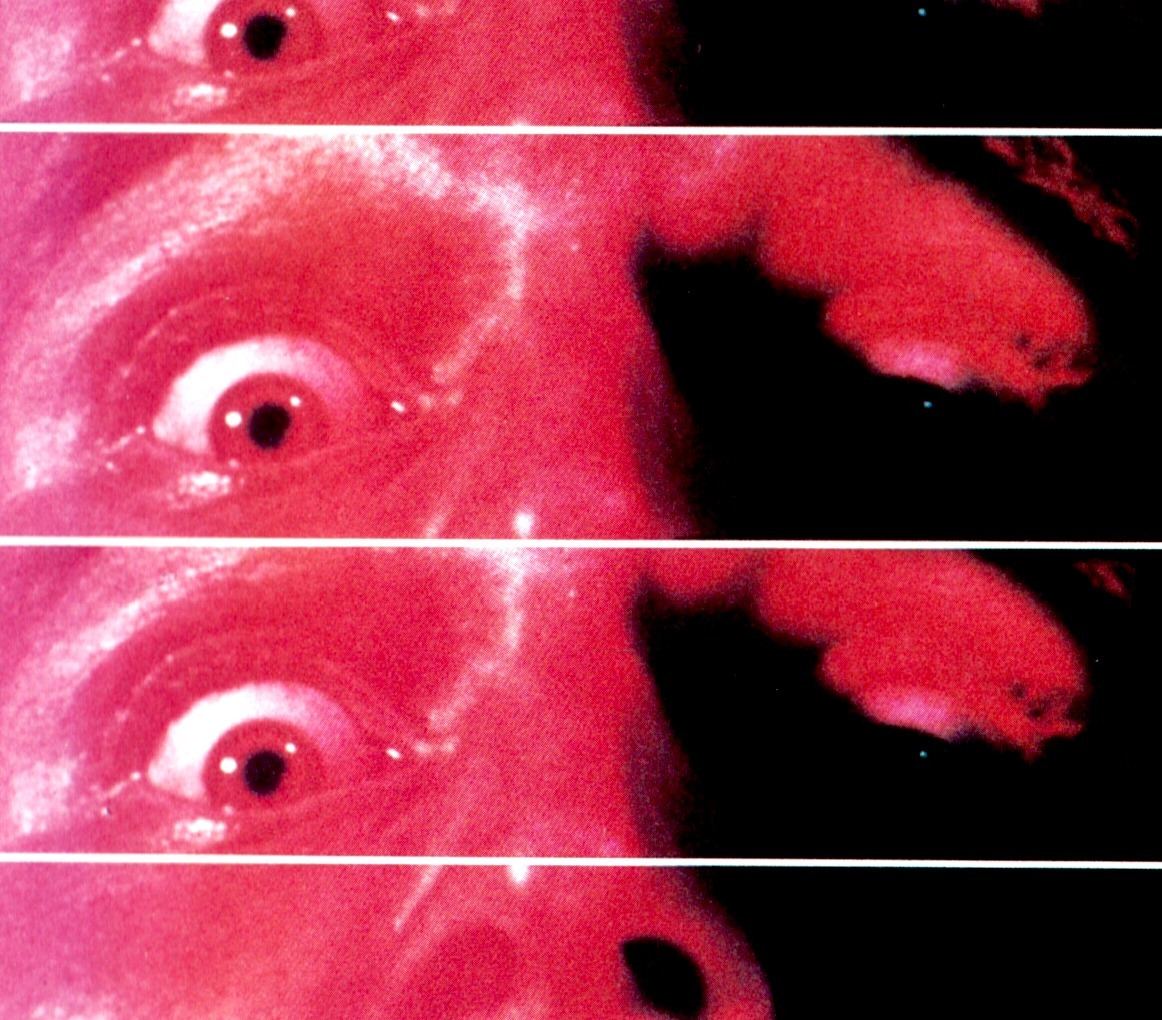
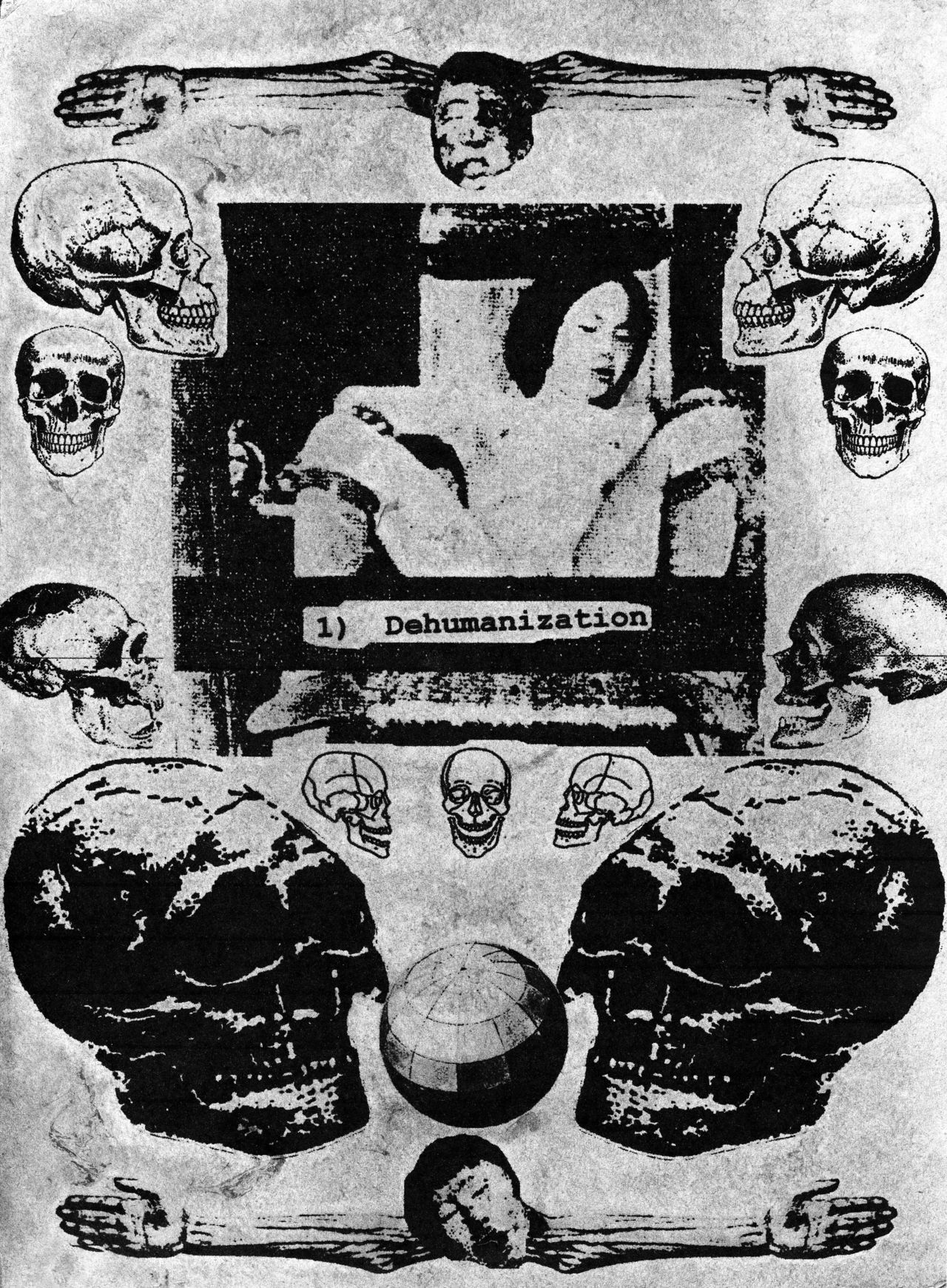

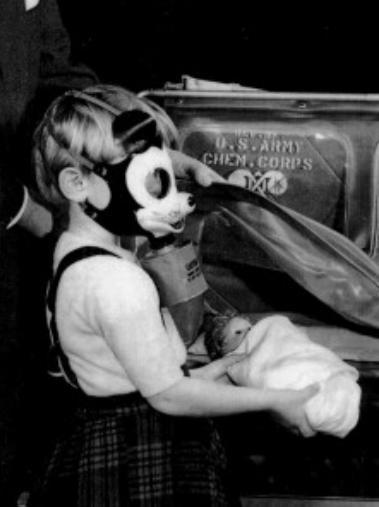

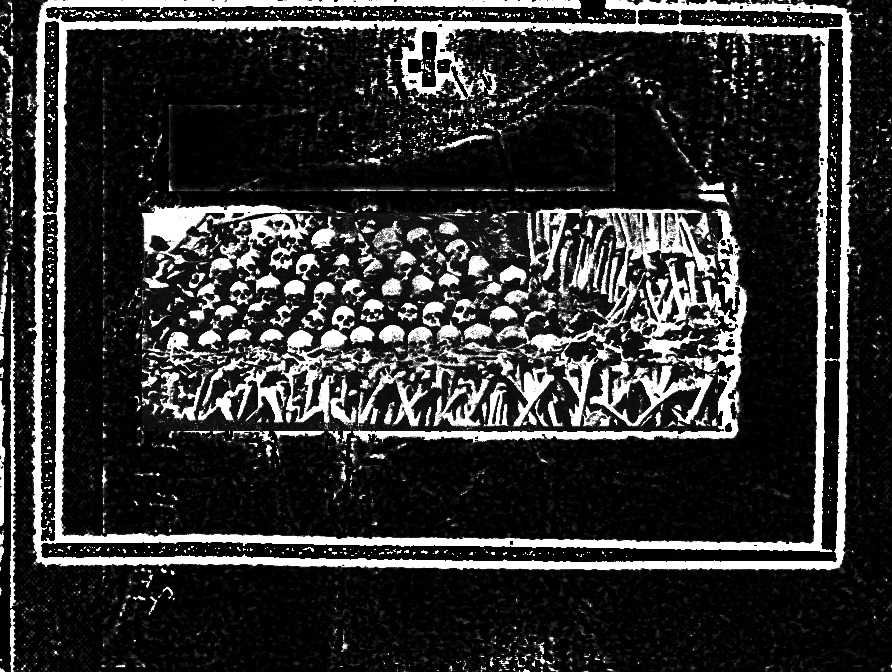
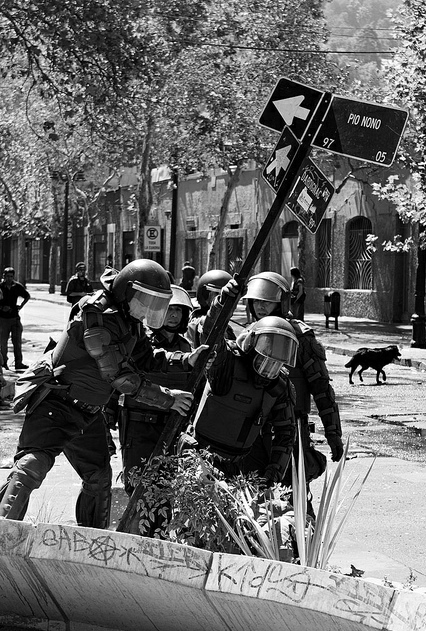
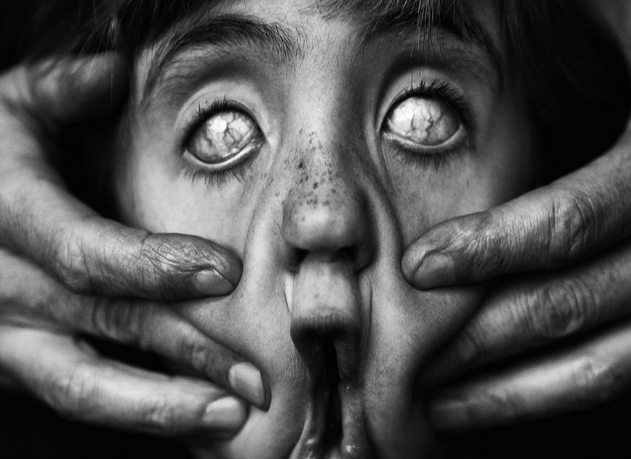

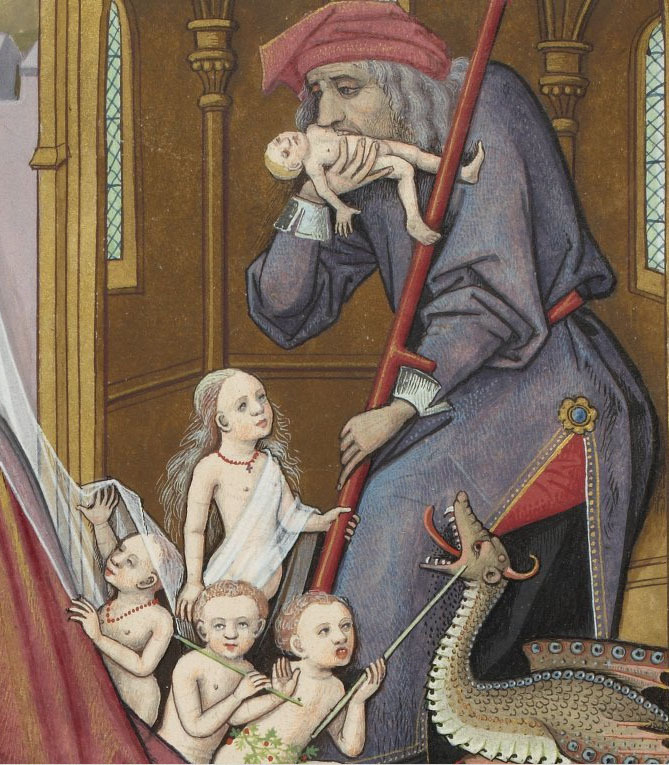
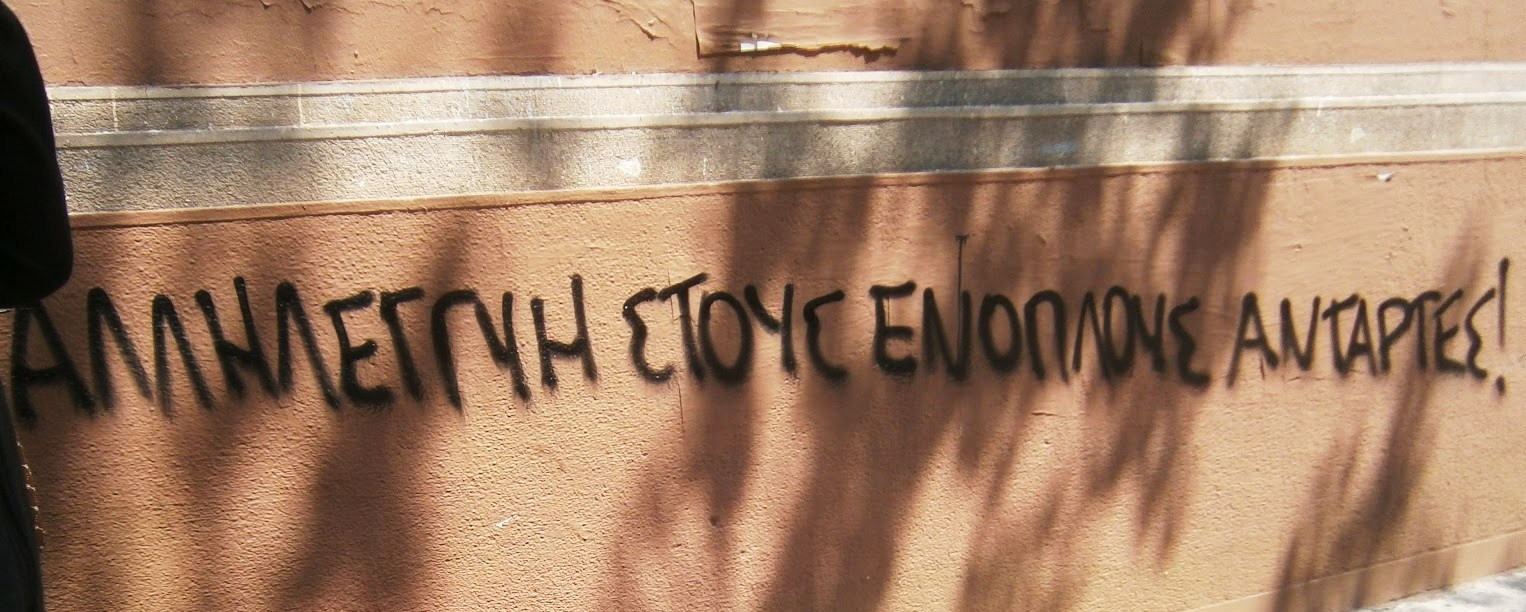

![Eurorepressione - Sulla conferenza a Den Haag sul tema "Anarchia" [corretto]](http://25.media.tumblr.com/tumblr_m0jvngOXtY1qa2163o1_1280.jpg)
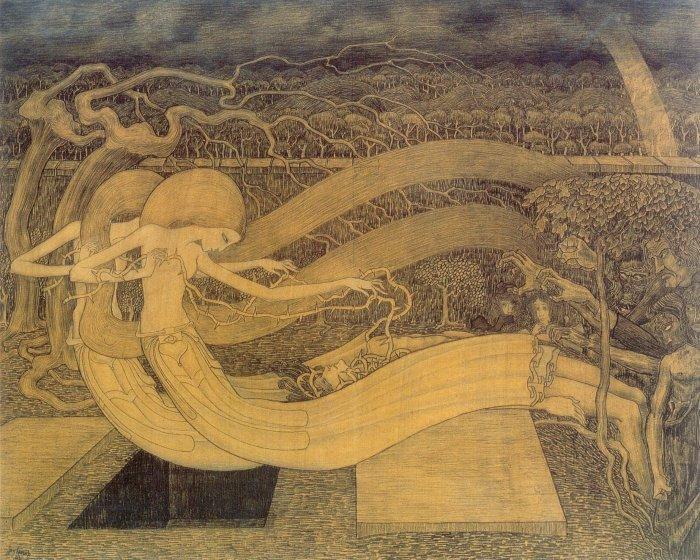
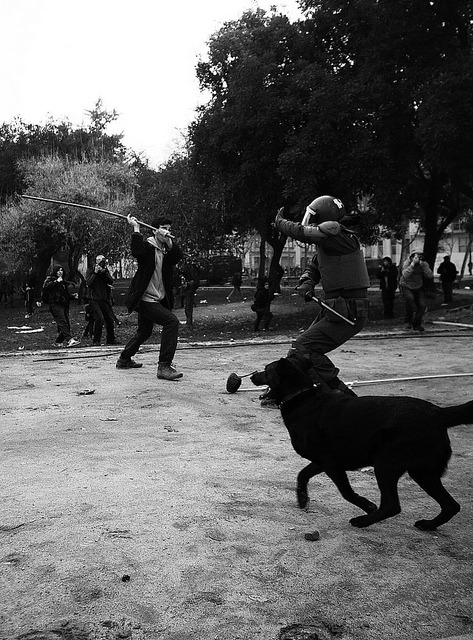
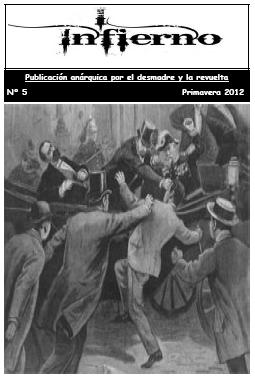
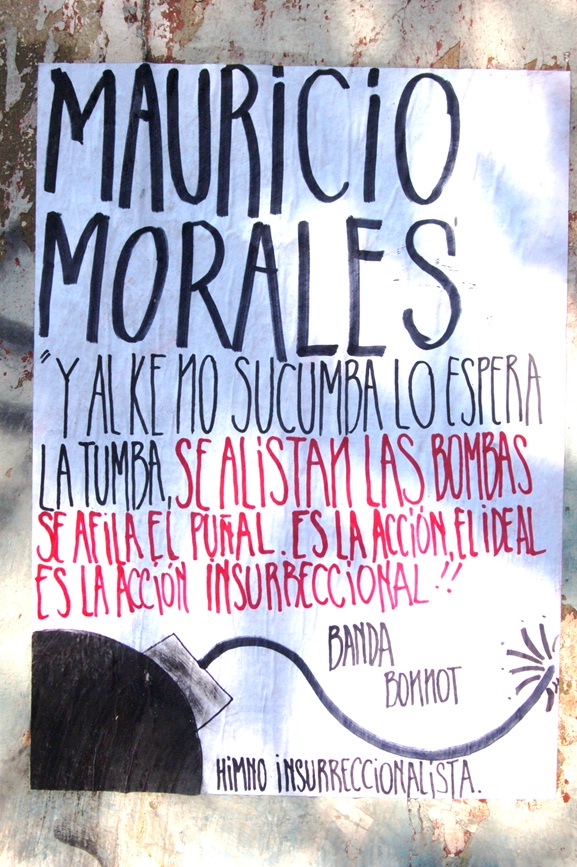
![A tres años de la Partida de Mauricio Morales: De la Memoria a la Calle [Stgo.]](http://metiendoruido.com/wp-content/uploads/2012/05/mmacividad.jpg)
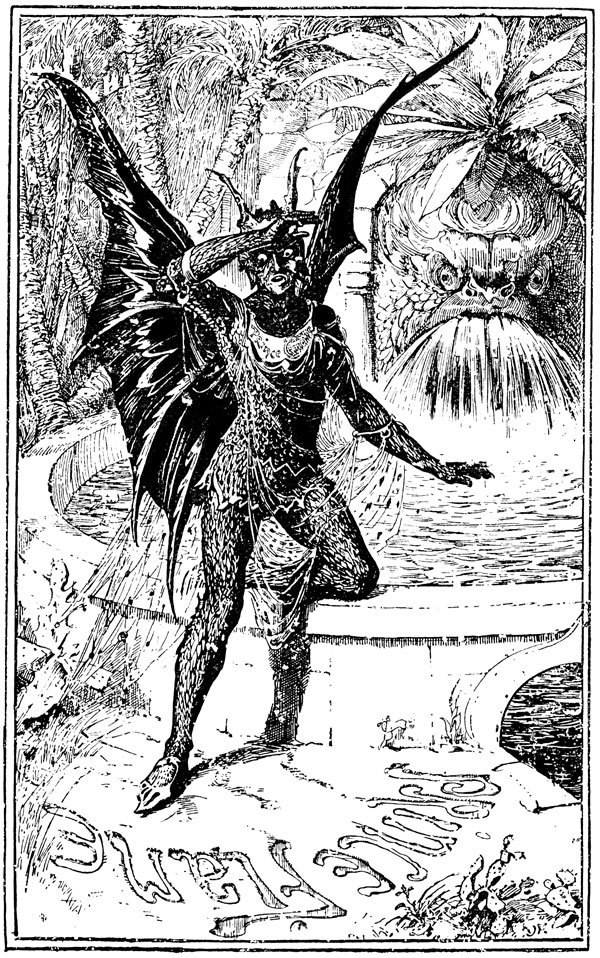
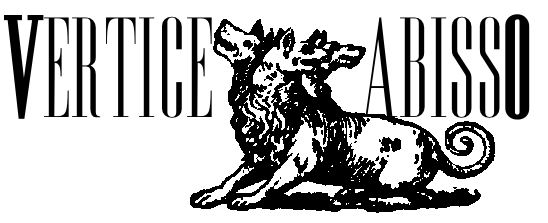



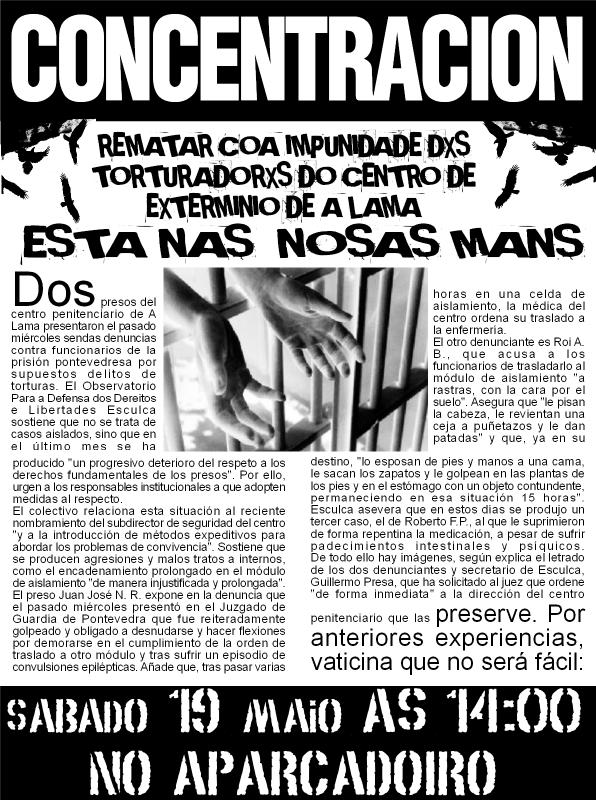

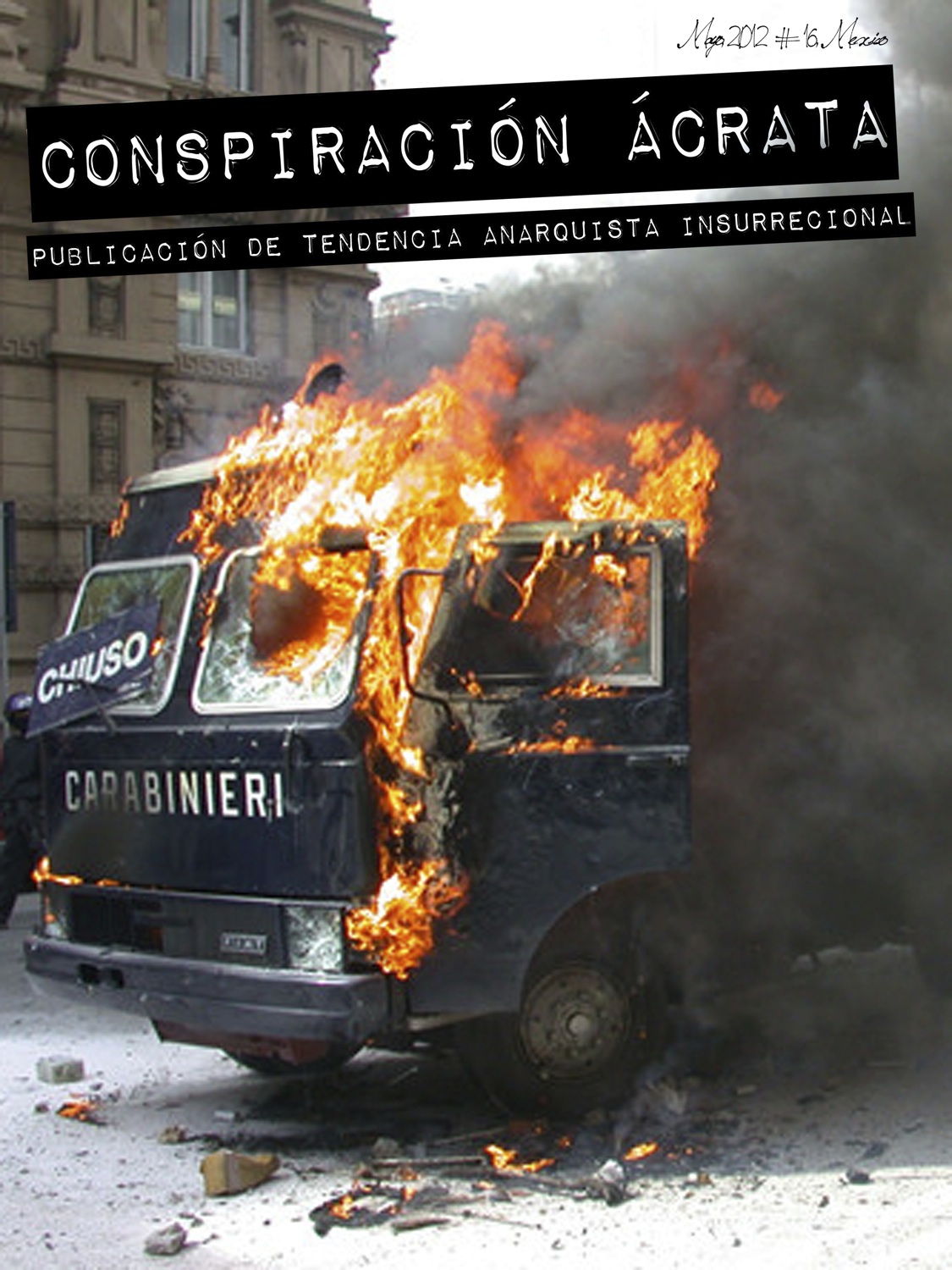

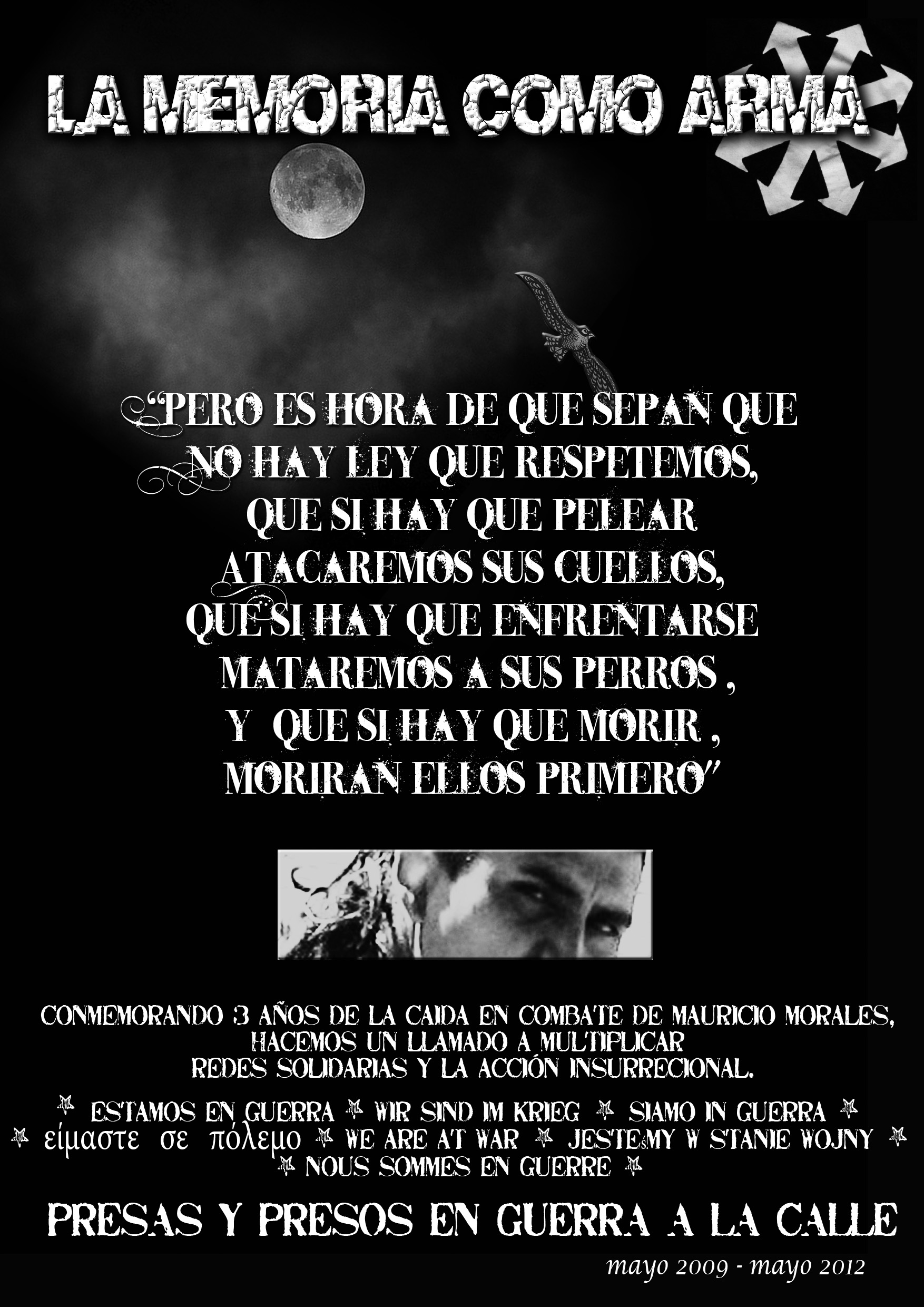
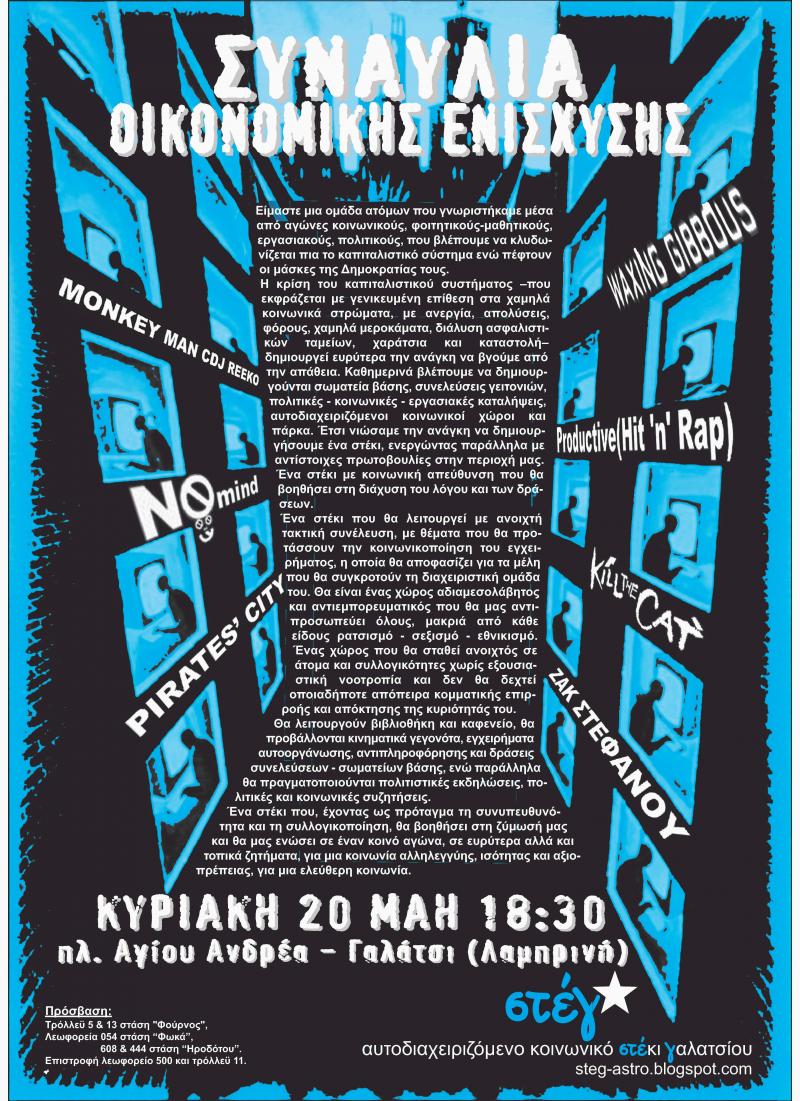








Nessun commento:
Posta un commento